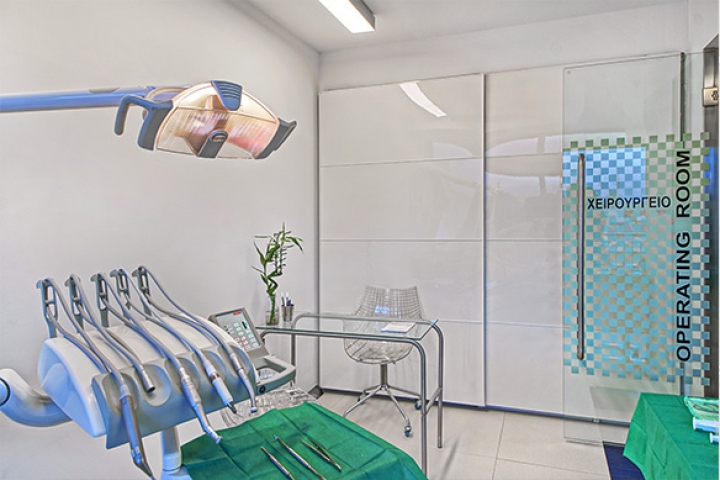This service is a field of endodontics and is called endodontic treatment or commonly root canal therapy. The doctor who deals with endodontic treatment is called an endodontist.
What is endodontic treatment - root canal therapy?
It is the treatment in which the pulp (nerves) and root canals (nerve channels) leading to the root should be removed so that you avoid removing an infected tooth.
The main reason for root canal therapy (endodontic treatment) is the infection of the vital organs of the tooth (pulp) in order to eliminate the pain but also the possibility of inflammation or infection reoccurrence.
How is the nerve infected?
Nerves become infected when an external tooth lesion exposes its inner side to bacteria, causing inflammation.
Deep caries, a fracture due to hard food or injury, leave the normally protected pulp exposed, resulting in infection and severe pain.
How do I know if I need endodontic treatment?
Severe toothache, swelling or dark spots on the tooth are sufficient indications to visit your dentist.
In the early stages, there may be no symptoms, but as the infection spreads, you may have constant pain in chewing, in the cold or in the hot, or you may feel a pulse in your tooth. In any case, it is advisable to visit an endodontist to check the pulp vitality.
How endodontic treatment is done?
The root canal therapy is performed in the dental clinic using local anesthesia and the treatment is completed during a two-hour visit.
The tooth that will be denervated is isolated using an elastic insulator, creating a sterilizing field and protecting the patient from swallowing small tools.
The roots of the tooth are carefully sterilized with specific medicine as well as the use of a laser, followed by careful sealing to avoid the possibility of tooth re-infection.
How do I feel after endodontic treatment?
Root canal treatment will relieve your severe pain.
After completing the treatment due to the inflammation reduction you may feel tenderness or discomfort which is easily controlled with common analgesic and you can return to your activities on the same day.
I might swell after root canal treatment?
After completing the endodontic treatment (denervation), the endodontist will inform you about the possibility of edema and if he deems it appropriate, he will give you antibiotics.
Swelling after denervation is rare, but depends on the degree of damage.
What should I avoid after treatment?
Until endodontic treatment (denervation) is completed, it would be best to avoid chewing in that area as there is a risk of fracture.
At the same time, you should visit the dentist every 6 months, so that your treatment can be checked radiographically.
How long will my tooth last after endodontic treatment?
Endodontic treatments (denervation) that are performed correctly and receive proper care after the end of the treatment, last as long as the rest of your teeth. It is common for denervated teeth to be extracted and replaced with implants.
My personal opinion is "nothing is more perfect than nature!"
Do I need other dental treatments after endodontic treatment?
At the end of the endodontic treatment the tooth will need the appropriate treatment to function like the rest of the healthy teeth. A temporary filling should be replaced immediately with permanent sealing or dental shaft construction inside the tooth if internal tooth walls are missing.
The treatment is completed with the placement of a dental crown, in order to protect the fragile and dark tooth for many years, fully restoring both its aesthetic image and its functionality.











 back to top
back to top